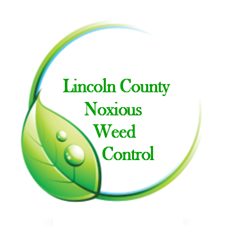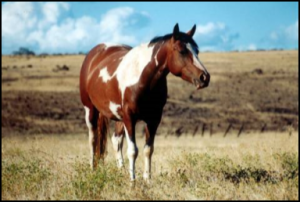Contents
Some plants are Toxic to Horses & Livestock:
This link is a guide to Plants Poisonous to Horses and Livestock commonly found in Lincoln County, Washington.
The above is a guide of several plants that can be found growing in Lincoln County that are poisonous to horses and livestock. To protect your animals from poisoning, learn to identify the poisonous plants that grow in your pasture or rangeland.
Prevention is the best medicine. Ensure that your horses and livestock have adequate hay and/or healthy pasture to graze. Provide adequate water and avoid overgrazing.
Most poisonous plants have an unpleasant taste that animals avoid if they have anything else to eat. However, if they have no choice but to eat these plants, they might develop a taste for them. Herbicides are derivatives of salts, and they often increase the palatability of plants, along with its sugar content. Be cautious when grazing animals after herbicide applications. Avoid grazing treated areas until plants have dried. You should wait until plants are dead before introducing animals to the site.
Watch for unusual behavior in your animals. If you suspect a poisoning, consult a veterinarian as soon as possible. Be sure to collect samples of the plants you suspect caused the poisoning for positive identification.
The symptoms listed in the following pages are those that are most likely to be observed. However, not all symptoms will be seen in all cases. Signs of poisoning may vary greatly, depending on the dosage and the time taken to consume the dose. Also, individual animals respond differently to poison.


